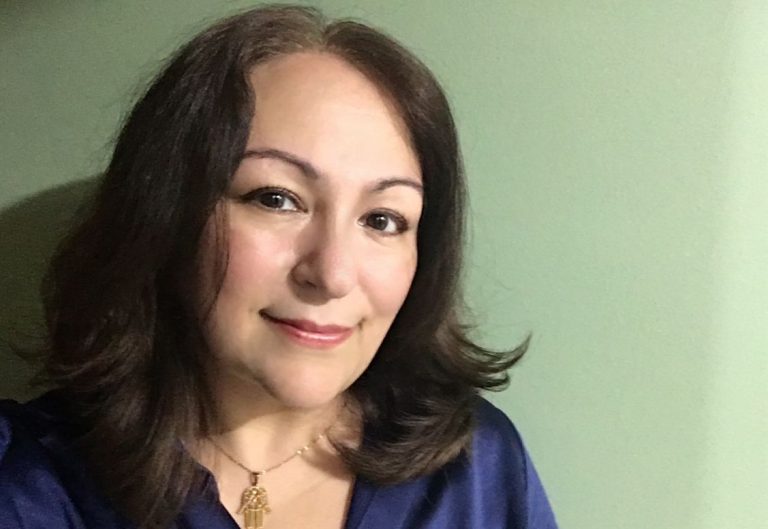By Mirian Aguirre*
Multiculturality is one of Brazil’s brands. From the late 19th– and early 20th-century immigration influx to the most recent immigration waves, the country has continuously welcomed foreign peoples.
Between the knowledge of the local native peoples and traditions from abroad, the Brazilian people was shaped throughout history, and the result is a society that shows certain ease in dealing with its immigrants. This cultural diversity has left Brazil a very rich legacy in music, dance, sculpture, cuisine, architecture, and religions, including Islam.
There are sources mentioniong the presence of Islamic visitors in colonial Brazil, but it’s in the 18th century that Islam actually arrives in Brazil as the religion of enslaved peoples from Islamized regions in Africa. Later, many Arabs and non-Arabs belonging to new immigration waves also profess the same faith, which has grown in contemporary Brazil.
Looking closer at Brazil’s map, we can see São Paulo, the country’s richest state that created so many opportunities for immigrants to start their life again based on work and coexistence values, participating in the construction of a country that’s still young and full of promise. This multicultural community, though, had a gap for the Islamic who lived in and visited the state of São Paulo. How could an Islamic person in São Paulo know where to eat, buy, have fun, and enjoy the cultural activities in the city without hurting the Islamic principles? Where to find a Halal accommodation or a mosque to pray? São Paulo then gave a major step towards becoming a Muslim-friendly state that cares for every Muslim traveler. So was born the Halal Travel Guide developed within the Halal Concept in the category C for the Muslim traveler. We believe this will help Brazil offer a more inclusive tourism at a faster rate based on São Paulo’s experience.
Faced with the possibilities opened up in the tourism industry, Laila Travel has focused on providing customized services in Portuguese, Spanish and English, not only in São Paulo but across Brazil and elsewhere so that Muslim visitors can feel welcome and have their needs met and that every trip is a good experience. If you want travel services described in this article, feel free to contact Laila Travel via email.
*Mirian Aguirre is a Marketing professional with a postgraduate degree in Art History, director and Spanish teacher at Español a Full, and copywriter at travel agency Laila Travel
Translated by Guilherme Miranda




